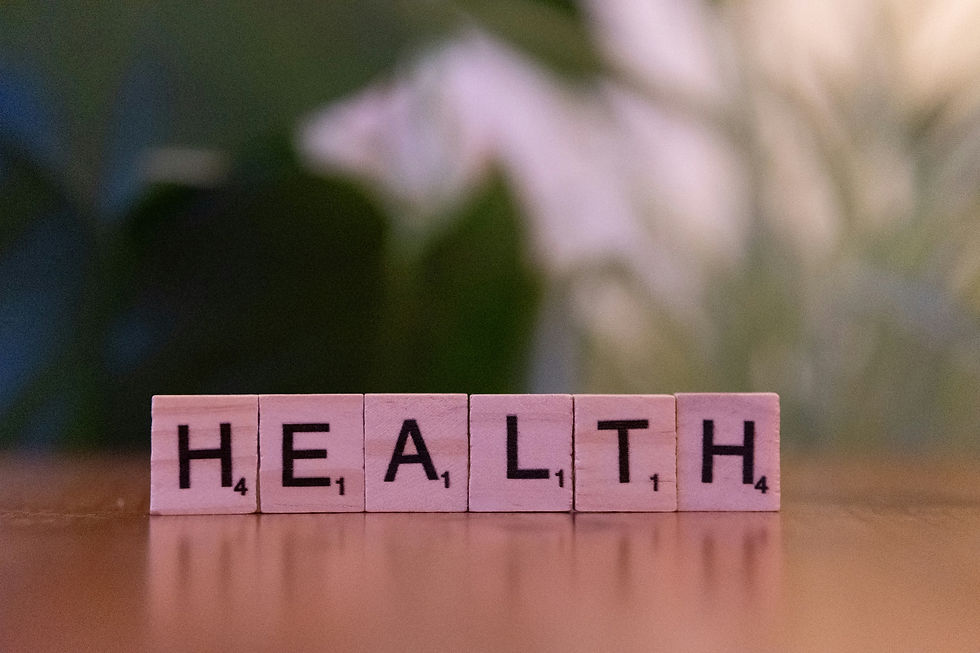LGBTQ+ Healthcare Discrimination: A Life-or-Death Public Health Crisis I Be the Transformational Change
- Morgan Messick
- Sep 23, 2025
- 3 min read
Updated: Oct 5, 2025

Imagine this for a moment: You’re not feeling well. Maybe you need a check-up, some bloodwork, or something more serious. You make an appointment, get dressed, and head to the clinic. But instead of feeling hopeful for care, you feel a knot of anxiety. You’re worried that the person you're about to trust with your health might refuse to treat you, question your identity, or disrespect you.
For far too many LGBTQ+ people in America, this isn't a hypothetical fear. It's a reality. Right now, healthcare discrimination isn't a rare or isolated event; it's a systemic problem that puts lives at risk.
A Look at the Numbers
The data tells a clear story. According to a 2024 report published by KFF, LGBTQ+ adults are twice as likely as others to report that a negative healthcare experience made their health worse. That’s because a significant number of us - as many as one in three transgender patients and one in five people with HIV - report being turned away from care altogether.
And the fear of this happening is so real that a large majority of LGBTQ+ people postpone or avoid getting the medical help they need. This isn't just about a stressful encounter. This is about real people delaying cancer screenings, skipping mental health care, and letting treatable conditions escalate into emergencies.
The Bigger Picture
This isn't just an issue of personal bias. The crisis is being fueled by an unprecedented wave of anti-LGBTQ+ legislation across the country. As of 2025, over 25 states have enacted laws that ban or severely restrict gender-affirming care.
These policies have a devastating domino effect. They drive qualified providers out of communities, force families into expensive and exhausting cross-state travel, and signal to medical professionals that providing certain kinds of care is risky or even dangerous.
Thankfully, the medical community is not staying silent. Organizations like the American Medical Association (AMA) are on the record stating that gender-affirming care is medically necessary and that legislative interference in the exam room is dangerous. They're standing with us, affirming that a doctor’s professional judgment should never be overruled by politics.
So, What Do We Do About It?
This crisis can feel overwhelming, but your voice and actions have the power to make a difference. The fight for healthcare equality is a collective effort, and you are a part of it.
Educate Yourself and Others: Know the facts, share this information, and challenge misinformation when you see it. The resources below are a great place to start!
Support the Fighters: Organizations like the ACLU and Lambda Legal are in court every day fighting to protect our rights. Support them with your time or a donation.
Advocate Locally: Your state representatives need to hear from you. Call, write, email, and fax them as often as you can to tell them why healthcare access is a non-negotiable human right.
The goal is simple: for every person, regardless of who they are, to be able to walk into a doctor’s office and be treated with dignity, respect, and quality care. That's a future we can build together.
The views expressed in this blog are those of the authors and do not represent an endorsement of any candidate or political campaign by our organization.




Comments